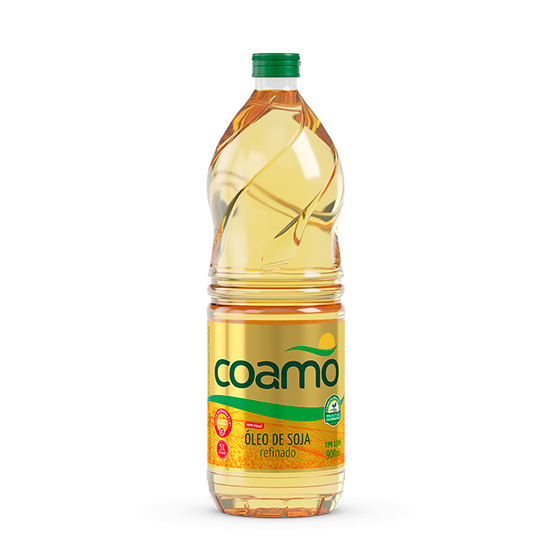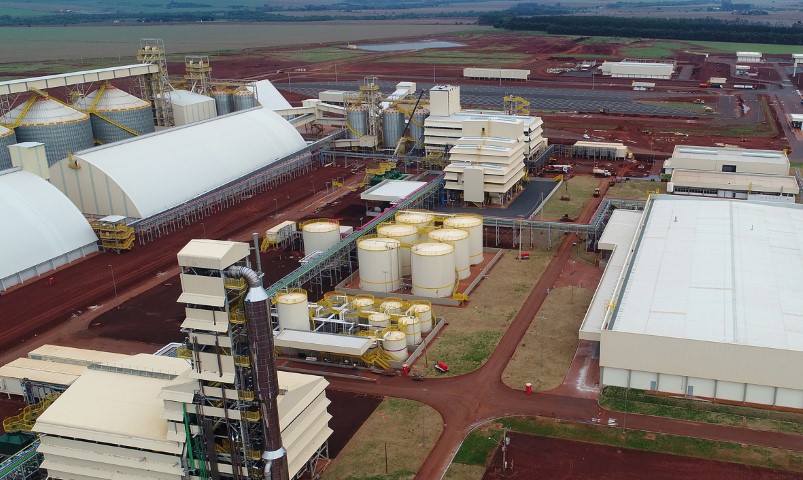Coamo: Things to Do in Coamo
Battle for Coamo, Puerto Rico
Battle for Coamo, Puerto Rico
War Correspondent
Please Visit our Home
Page to learn more about the Spanish American War
General:
This account of the surrender of Coamo was written by Richard
Harding
Davis, the most famous war correspondent of the war. He took great
delight in that the town of Coamo was surrendered to him!
This is the inside story of the surrender, during the
Spanish War, of the town of Coamo. It is written by the man to
whom the town surrendered. Immediately after the surrender this
same man became Military Governor of Coamo. He held office for
fully twenty minutes.
Before beginning this story the reader must forget all he may happen
to know of this particular triumph of the Porto Rican Expedition.
He must forget that the taking of Coamo has always been credited to
Major-General James H. Wilson, who on that occasion commanded Captain
Anderson’s Battery, the Sixteenth Pennsylvania,
Troop C of Brooklyn, and under General
Ernst, the Second and Third
Wisconsin Volunteers. He must forget that in the records of
the War Department all the praise, and it is of the highest, for this
victory is bestowed upon General Wilson and his four thousand
soldiers. Even the writer of this, when he cabled an account of
the event to his paper, gave, with every one else, the entire credit to
General Wilson. And ever since his conscience has upbraided
him. His only claim for tolerance as a war correspondent has
been that he always has stuck to the facts, and now he feels that
in the sacred cause of history his friendship and admiration for General
Wilson, that veteran of the Civil, Philippine, and Chinese Wars, must no
longer stand in the way of his duty as an accurate reporter.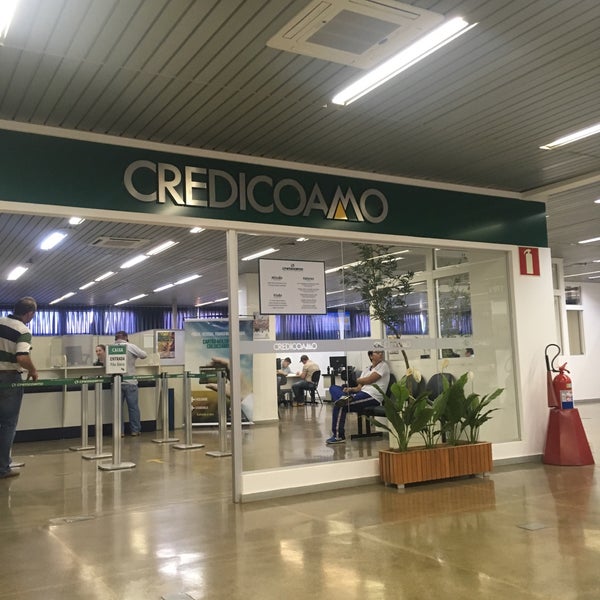 He no
He no
longer can tell a lie. He must at last own up that he himself
captured Coamo.
Coamo
On the morning of the 9th of August, 1898, the Sixteenth Pennsylvania
Volunteers arrived on the outskirts of that town. In order to get
there they had spent the night in crawling over mountain trails and
scrambling through streams and ravines. It was General Wilson’s
plan that by this flanking night march the Sixteenth
Pennsylvania would reach the road leading from Coamo to San
Juan in time to cut off the retreat of the Spanish garrison, when
General Wilson, with the main body, attacked it from the opposite side.
At seven o’clock in the morning General Wilson began the frontal
attack by turning loose the artillery on a block-house, which threatened
his approach, and by advancing the Wisconsin volunteers.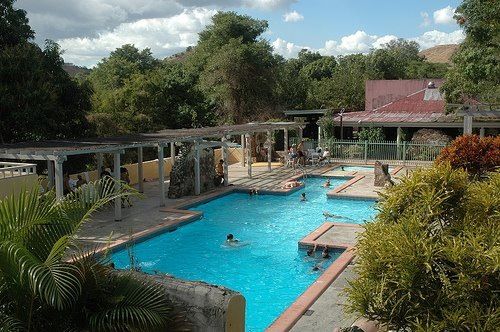 The
The
cavalry he sent to the right to capture Los Banos. At eight
o’clock, from where the main body rested, two miles from Coamo, we could
hear the Sixteenth Pennsylvania open its attack and instantly become
hotly engaged. The enemy returned the fire fiercely, and the
firing from both sides at once became so severe that it was evident the
Pennsylvania Volunteers either would take the town without the main
body, or that they would greatly need its assistance. The
artillery was accordingly advanced one thousand yards and the infantry
was hurried forward. The Second
Wisconsin approached Coamo along the main road from Ponce, the Third Wisconsin through fields of grass
to the right of the road, until the two regiments met at the ford by
which the Banos road crosses the Coamo River. But before they met,
from a position near the artillery, I had watched through my
glasses the Second Wisconsin with
General Ernst at its head advancing along the main road, and as, when I
saw them, they were near the river, I guessed they would continue across
the bridge and that they soon would be in the town.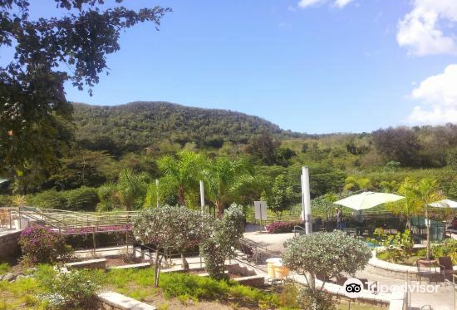
As the firing from the Sixteenth still continued, it seemed obvious
that General Ernst would be the first general officer to enter Coamo,
and to receive its surrender. I had never seen five thousand
people surrender to one man, and it seemed that, if I were to witness
that ceremony, my best plan was to abandon the artillery and, as quickly
as possible, pursue the Second Wisconsin. I did not want to share
the spectacle of the surrender with my brother correspondents, so I
tried to steal away from the three who were present. They were
Thomas F. Millard, Walstein Root of the Sun, and Horace Thompson.
By dodging through a coffee central I came out a half mile from them and
in advance of the Third Wisconsin. There I encountered two “boy
officers,” Captain John C. Breckenridge and Lieutenant Fred. S.
Titus, who had temporarily abandoned their thankless duties in the
Commissariat Department in order to seek death or glory in the
skirmish-line.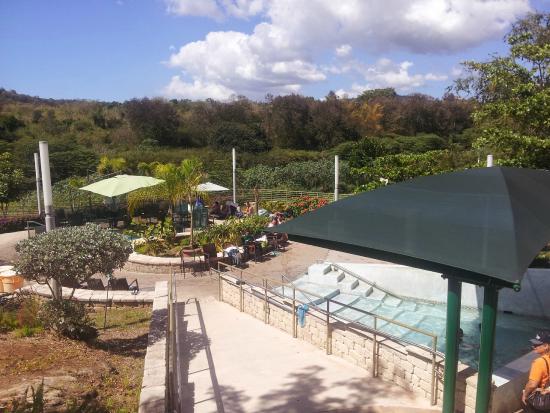 They wanted to know where I was going, and when I
They wanted to know where I was going, and when I
explained, they declared that when Coamo surrendered they also were
going to be among those present.
So we slipped away from the main body and rode off as an independent
organization. But from the bald ridge, where the artillery was
still hammering the town, the three correspondents and Captain Alfred
Paget, Her Majesty’s naval attache, observed our attempt to steal a
march on General Wilson’s forces, and pursued us and soon overtook us.
We now were seven, or to be exact, eight, for with Mr. Millard was
“Jimmy,” who in times of peace sells papers in Herald Square, and in
times of war carries Mr. Millard’s copy to the press post. We were
much nearer the ford than the bridge, so we waded the “drift” and
started on a gallop along the mile of military road that lay between us
and Coamo. The firing from the Sixteenth Pennsylvania had
slackened, but as we advanced it became sharper, more insistent, and
seemed to urge us to greater speed. Across the road were dug rough
Across the road were dug rough
rifle-pits which had the look of having been but that moment
abandoned. What had been intended for the breakfast of the enemy
was burning in pots over tiny fires, little heaps of cartridges lay in
readiness upon the edges of each pit, and an arm-chair, in which a
sentry had kept a comfortable lookout, lay sprawling in the middle of
the road. The huts that faced it were empty. The only living
things we saw were the chickens and pigs in the kitchen-gardens.
On either hand was every evidence of hasty and panic-stricken flight. We
rejoiced at these evidences of the fact that the Wisconsin Volunteers
had swept all before them. Our rejoicings were not entirely
unselfish. It was so quiet ahead that some one suggested the town
had already surrendered. But that would have been too bitter a
disappointment, and as the firing from the further side of Coamo still
continued, we refused to believe it, and whipped the ponies into greater
haste.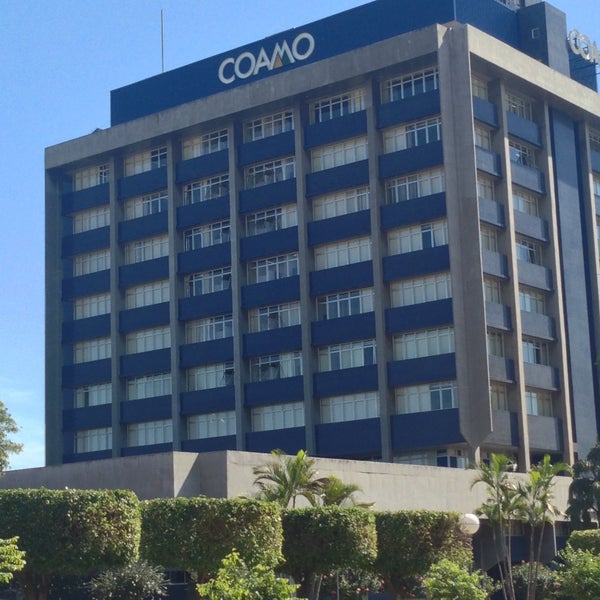 We were now only a quarter of a mile distant from the
We were now only a quarter of a mile distant from the
built-up portion of Coamo, where the road turned sharply into the main
street of the town.
Captain Paget, who in the absence of the British military attache on
account of sickness, accompanied the army as a guest of General Wilson,
gave way to thoughts of etiquette.
“Will General Wilson think I should have waited for him?” he
shouted. The words were jolted out of him as he rose in the
saddle. The noise of the ponies’ hoofs made conversation
difficult. I shouted back that the presence of General Ernst in
the town made it quite proper for a foreign attache to enter it.
“It must have surrendered by now,” I shouted. It’s been half an
hour since Ernst crossed the bridge.”
At these innocent words, all my companions tugged violently at their
bridles and shouted “Whoa!”
“Crossed the bridge?” they yelled.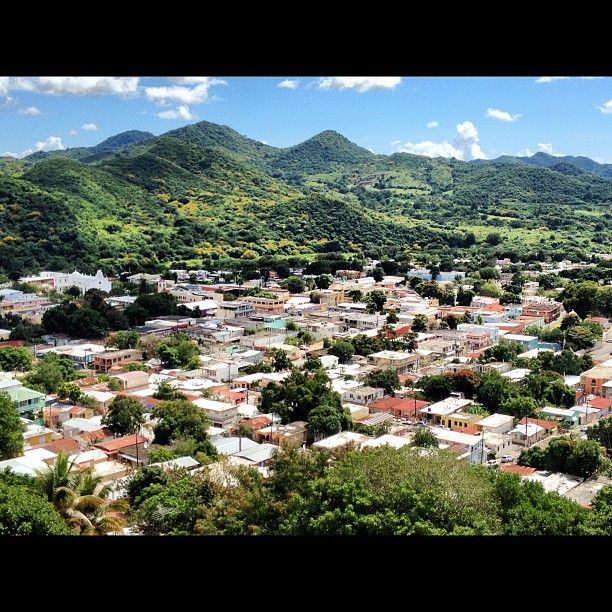 “There is no bridge!
“There is no bridge!
The bridge is blown up! If he hasn’t crossed by the ford, he isn’t
in the town!”
Then, in my turn, I shouted “Whoa!”
But by now the Porto Rican ponies had decided that this was the race
of their lives, and each had made up his mind that, Mexican bit or no
Mexican bit, until he had carried his rider first into the town of
Coamo, he would not be halted. As I tugged helplessly at my
Mexican bit, I saw how I had made my mistake. The volunteers, on
finding the bridge destroyed, instead of marching upon Coamo had turned
to the ford, the same ford which we had crossed half an hour before they
reached it. They now were behind us. Instead of a town which
had surrendered to a thousand American soldiers, we, seven unarmed men
and Jimmy, were being swept into a hostile city as fast as the enemy’s
ponies could take us there.
Breckenridge and Titus hastily put the blame upon me.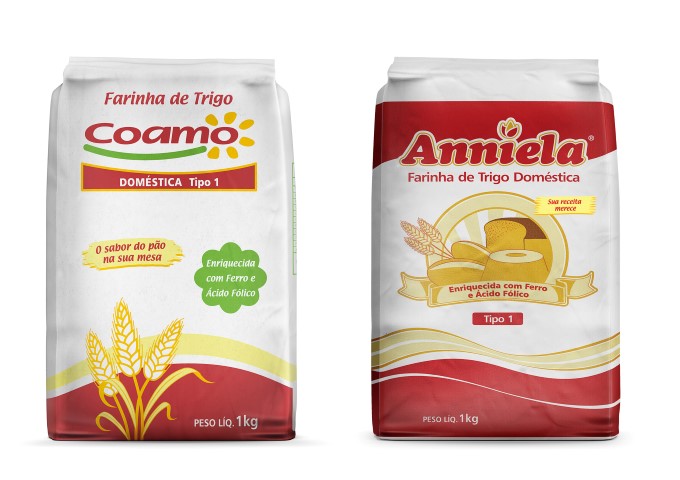
“If we get into trouble with the General for this,” they shouted, “it
will be your fault. You told us Ernst was in the town with a
thousand men.”
I shouted back that no one regretted the fact that he was not more
keenly than I did myself.
Titus and Breckenridge each glanced at a new, full-dress sword.
“We might as well go in,” they shouted, “and take it anyway!” I
decided that Titus and Breckenridge were wasted in the Commissariat
Department.
The three correspondents looked more comfort, able.
“If you officers go in,” they cried, “the General can’t blame us,” and
they dug their spurs into the ponies.
“Wait!” shouted Her Majesty’s representative. “That’s all very
well for you chaps, but what protects me if the Admiralty finds out I
have led a charge on a Spanish garrison?”
But Paget’s pony refused to consider the feelings of the Lords of the
Admiralty.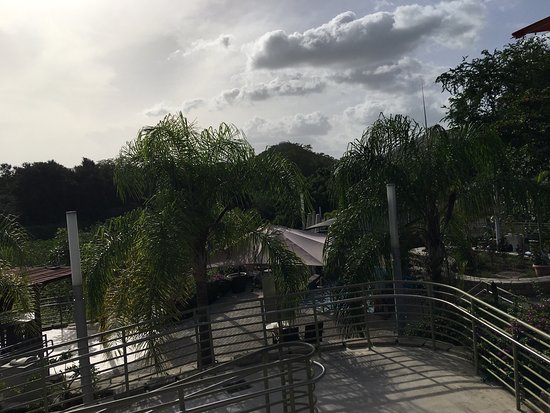 As successfully Paget might have tried to pull back a
As successfully Paget might have tried to pull back a
rowboat from the edge of Niagara. And, moreover, Millard, in order
that Jimmy might be the first to reach Ponce with despatches, had
mounted him on the fastest pony in the bunch, and he already was far in
the lead. His sporting instincts, nursed in the pool-rooms of the
Tenderloin and at Guttenburg, had sent him three lengths to the
good. It never would do to have a newsboy tell in New York that he
had beaten the correspondents of the papers he sold in the streets; nor
to permit commissioned officers to take the dust of one who never before
had ridden on anything but a cable car. So we all raced forward
and, bunched together, swept into the main street of Coamo. It was
gratefully empty. There were no America soldiers, but, then,
neither were there any Spanish soldiers. Across the street
stretched more rifle-pits and barricades of iron pipes, but in sight
there was neither friend nor foe. On the stones of the deserted
On the stones of the deserted
street the galloping hoofs sounded like the advance of a whole regiment
of cavalry. Their clatter gave us a most comfortable
feeling. We almost could imagine the towns-people believing us to
be the Rough Riders themselves and fleeing
before us.
And then, the empty street seemed to threaten an ambush. We thought
hastily of sunken mines, of soldiers crouching behind the barriers,
behind the houses at the next corner, of Mausers
covering us from the latticed balconies overhead. Until at last,
when the silence had become alert and menacing, a lonely man dashed into
the middle of the street, hurled a white flag in front of us, and then
dived headlong under the porch of a house. The next instant, as
though at a signal, a hundred citizens, each with a white flag in both
hands, ran from cover, waving their banners, and gasping in weak and
terror-shaken tones, “Vivan los Americanos. “
“
We tried to pull up, but the ponies had not yet settled among
themselves which of us had won, and carried us to the extreme edge of
the town, where a precipice seemed to invite them to stop, and we fell
off into the arms of the Porto Ricans. They brought us wine in tin
cans, cigars, borne in the aprons and mantillas of their womenfolk, and
demijohns of native rum. They were abject, trembling,
tearful. They made one instantly forget that the moment before he
had been extremely frightened.
One of them spoke to me the few words of Spanish with which I had an
acquaintance. He told me he was the Alcalde, and that he begged to
surrender into my hands the town of Coamo. I led him instantly to
one side. I was afraid that if I did not take him up he
would surrender to Paget or to Jimmy. I bade him conduct me to his
official residence. He did so, and gave me the key to the cartel,
a staff of office of gold and ebony, and the flag of the town, which he
had hidden behind his writing-desk. It was a fine Spanish flag
It was a fine Spanish flag
with the coat of arms embroidered in gold. I decided that, with
whatever else I might part, that flag would always be mine, that the
chance of my again receiving the surrender of a town of five thousand
people was slender, and that this token would be wrapped around me in my
coffin. I accordingly hid it in my poncho and strapped it to my
saddle. Then I appointed a hotel-keeper, who spoke a little
English, as my official interpreter and told the Alcalde that I was now
Military Governor, Mayor, and Chief of Police, and that I wanted
the seals of the town. He gave me a rubber stamp with a coat of
arms cut in it, and I wrote myself three letters, which, to insure their
safe arrival, I addressed to three different places, and stamped them
with the rubber seals. In time all three reached me, and I now
have them as documentary proof of the fact that for twenty minutes I was
Military Governor and Mayor of Coamo.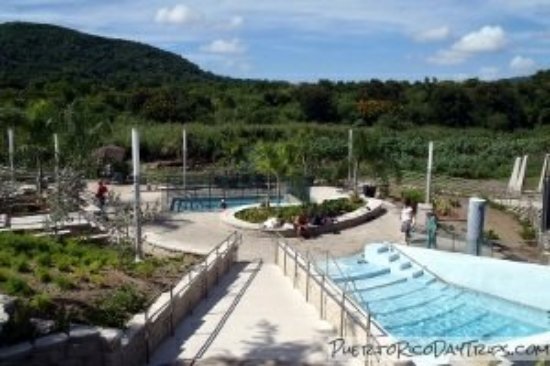
During that brief administration I detailed Titus and Breckenridge to
wigwag the Sixteenth Pennsylvania
that we had taken the, town, and that it was now safe for them to
enter. In order to compromise Paget they used his red silk
handkerchief. Root I detailed to conciliate the inhabitants by
drinking with every one of them. He tells me he carried out my
instructions to the letter. I also settled one assault and battery
case, and put the chief offender under arrest. At least, I told
the official interpreter to inform him that he was under arrest, but as
I had no one to guard him he tired of being under arrest and went
off to celebrate his emancipation from the rule of Spain.
My administration came to an end in twenty minutes, when General
Wilson rode into Coamo at the head of his staff and three thousand
men. He wore a white helmet, and he looked the part of the
conquering hero so satisfactorily that I forgot I was Mayor and ran out
into the street to snap a picture of him. He looked greatly
He looked greatly
surprised and asked me what I was doing in his town. The tone in
which he spoke caused me to decide that, after all, I would not keep the
flag of Coamo. I pulled it off my saddle and said: “General, it’s
too long a story to tell you now, but here is the flag of the town. It’s
the first Spanish flag,” -and it was – “that has been captured in Porto
Rico.”
General Wilson smiled again and accepted the flag. He and about
four thousand other soldiers think it belongs to them. But the
truth will out. Some day the bestowal on the proper persons of a
vote of thanks from Congress, a pension, or any other trifle, like
prize-money, will show the American people to whom that flag really
belongs.
I know that in time the glorious deed of the seven heroes of Coamo, or
eight, if you include “Jimmy” will be told in song and story. Some
one else will write the song.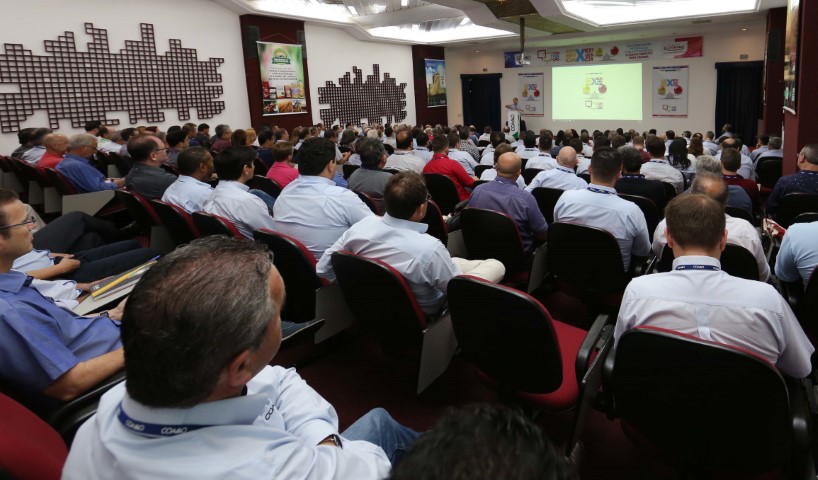 This is the story.
This is the story.
Bibliography:
Davis, Richard Harding, Notes of a War Correspondent. (New
York: Charles Scribner’s Sons, 1910) 101-112.
Freidel, Frank, The Splendid Little War. (Boston: Little,
Brown and Company, 1958) 274 (artillery image).
Support this Site by
Visiting the Website Store! (help us
defray costs!)
We are providing
the following service for our readers. If you are interested in
books, videos, CD’s etc. related to the Spanish American War, simply
type in “Spanish American War” (or whatever you are interested in)
as the keyword and click on “go” to get a list of titles available
through Amazon.com.
Visit Main Page
for copyright data
Return to Action Accounts
Return to the War in Puerto Rico Page
Return to “Yellow Press” Page
Return to Main Page
Coamo, PR – Niche
Skip to Main Content
Niche requires Javascript to work correctly.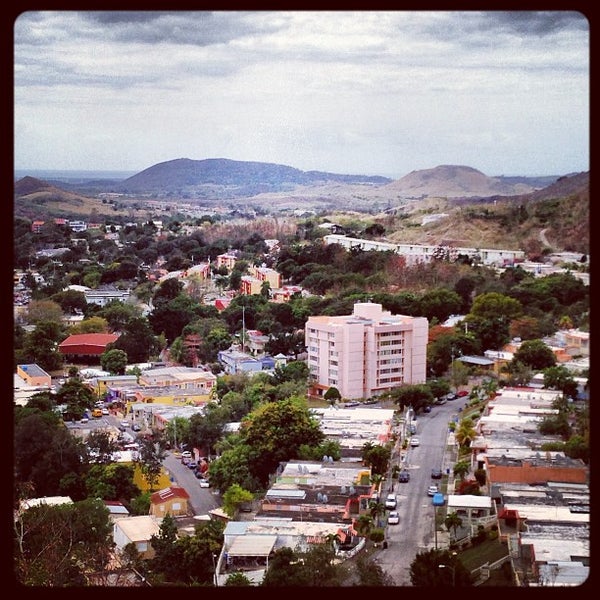 Please turn it on if you’re experiencing issues.
Please turn it on if you’re experiencing issues.
Report Card
Public Schools
grade unavailable
Crime & Safety
grade unavailable
Housing
grade C minus
Nightlife
grade C
Good for Families
grade C minus
Diversity
grade C minus
Jobs
grade D+
Weather
grade A+
Cost of Living
grade B
Health & Fitness
grade unavailable
Outdoor Activities
grade C
Commute
grade B
editorial
Coamo is a town in Puerto Rico with a population of 11,100. Coamo is in Coamo Municipio. Living in Coamo offers residents a sparse suburban feel and most residents own their homes. Many families live in Coamo.
About
About Coamo…
Population
11,100
View Nearby Homes
Real Estate
Median Home Value
$92,200
National
$229,800
Median Rent
$457
National
$1,096
Area Feel
Based on the housing stock, population density, and the proximity of amenities of the area.
Sparse Suburban
Rent
33%
Own
67%
Sponsored Mortgage Options for Coamo
Get Rates
- Find a loan that’s right for you. Compare today’s top mortgage and refinancing providers.
- Get approval in minutes. Checking rates won’t affect your credit score.
Niche may be compensated by the third party lenders and others who place ads on the website. Niche is not a lender and does not endorse the products of these advertisers. Fees that Niche receives for ads do not affect the terms you may be offered by the lender you choose. There are many additional borrowing options available.
Map
Map is loading
Home Listings
View Nearby Homes
Crime & Safety
Crime & Safety
grade unavailable
Based on violent and property crime rates.
Assault
No data available —
national 282.
 7
7Murder
No data available —
national 6.1
Rape
No data available —
national 40.7
Robbery
No data available —
national 135.5
Burglary
No data available —
national 500.1
Theft
No data available —
national 2,042.8
Motor Vehicle Theft
No data available —
national 284
Residents
Diversity
grade C minus
Based on ethnic and economic diversity.
<10 years
10%
10-17 years
9%
18-24 years
8%
25-34 years
10%
35-44 years
12%
45-54 years
18%
55-64 years
14%
65+ years
18%
More
Master’s degree or higher
4%
national 13%
Bachelor’s degree
15%
national 20%
Some college or associate’s degree
21%
national 29%
High school diploma or equivalent
39%
national 27%
Less than high school diploma
21%
national 11%
More
Working in Coamo
Jobs
grade D+
Based on employment rates, job and business growth, and cost of living.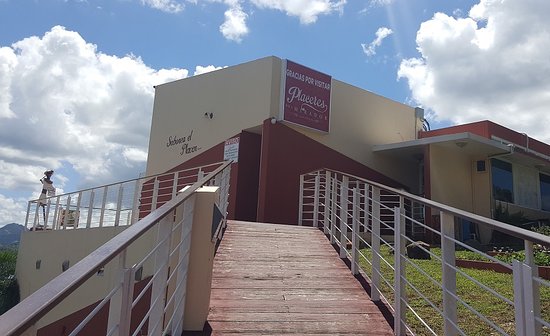
Median Household Income
$14,190
National
$64,994
Search for Jobs in Coamo
Similar Places
Places like Coamo
Coamo Reviews
Rating 5 out of 5 1 review
Great city to live. Is a peaceful place for me. Good schools. Great management of the city by the mayor.
Start Your Review of Coamo
Rate It!
add-to-list
90,000 weather in Koamo 14 days -weather.com
Moscow Russia
°
St. Petersburg Federal City of St. Petersburg 9000 -5 °
Omsk Omskaya
-10°
Yakutsk Sakha (Yakutia)
-34°
°C
04:00 Tuesday Artboard Partly cloudy +22° Feels like +22° arriving
Lighting: 24% hours
in the coming hours cloudy
No notifications
ponce
- Weather for 1 – 7 days
- 8 – 14 days
- hours
- Cloud map
- Warnings
- Weather satellites
- Models
- today
27 Dec. 60%
60%
0.4 mm +28° / +21° 6 – 13
m/s - tomorrow
28 Dec. +29° / +21° 5 – 11
m/s - Thursday
29 Dec. 40%
1.1 mm +28° / +21° 5 – 11
m/s - Friday
30 Dec. 70%
0.4 mm +28° / +21° 4 – 11
m/s - Saturday
31 Dec. +29° / +21° 4 – 10
m/s - Sunday
1 Jan. 50%
0.5 mm +29° / +21° 4 – 9
m/s - Monday
2 Jan. 70%
0.6 mm +28 ° / +21 ° 4 – 11
m / s
The weather in Coamo is
, December 27,
Tomorrow
, December 28,
Sunrise and sunset
- Sunshide
- 06: 54
- Sun Hall
- 17:58
- The first beam of the Sun
- 06:31
- Half
- 12:26
005 11H 3M remaining daylight 11H 3M
Lunar calendar
- W 27
- CP 28
- Tue 3
- Wed 4
- Thu 5
- Fri 6
- Sat 7
- Sun 8
- Mon 9
- Weather:
- 0003 PDF
- Historical
- FPS Levels:
- Additional Information
Coamo Air Quality
Detail 26 Acceptable O₃ (62 µg/m³) Very Low Health Risk
- In the presence of synthomas, sensitive individuals should reduce prolonged outdoor activity.

Weather graph for
video
More video Heavy snowstorm hits West New York, USA. Artboard
Major cities
More cities
- Barriada El Caribe +28° +23°
- Belgica +28° +23°
- Constancia +28° +23°
- Coto Laurel +28° +22°
- Granada Hills 90 + 28° +22°
- Hacienda Usera +25° +18°
- Jacaranda +28° +22°
- Jardines Del Caribe +28° +23°
- La Ceiba +28° +23°
- Playa De Ponce +28° +23°
- Ponce Zona Urbana +28° +23°
- Quinta Esperanza +27° +23°
- Salazar +28° +23°
- Coamo +28° +21°
- Orocovis +26° +19°
- Ponce +28° +23°
9002 Nearest
- Reparto Colinas De Coamo (0.45 km)
- Sector Isla Verde (0.49 km)
- Residencial Las Palmas (0.61 km)
- Residencial Manuel J Rivera (0.71 km) Coona.4 Urbana Zaona
- Boulevarda Cambalache (0.84 km)
Weather in your mail
I have read and agree to the privacy policy.

Weather on your website
- Weather.com widget
- API – access to XML
- Plugin de WordPress
Weather in Coamo today – Accurate weather forecast in Coamo for tomorrow, now (Provincia de El Seíbo)
2
- Worldwide
- Dominican Republic
- Coamo
- Felt
- +22°
- Pressure
- 754 mmHg Art.
- Humidity
- 93%
- Wind
- 2.6 m/s, at
2
- Sunrise: 07:07 PM Support: 18:07
- Longna day: 11 h. 9000
- Read more
Updated less than 1 hour ago Region: Provincia de El Seíbo
HourlyWeek14 days weatherMonthBiomet…
Daily forecast
Today is December 27, the weather is +31°C. Rain, light wind, southeast 4.3 m/s. Atmospheric pressure 754 mm Hg. Art. Relative air humidity 50%. More
Tomorrow night the air temperature will drop to +19°C, the wind will change to the northeast 2.
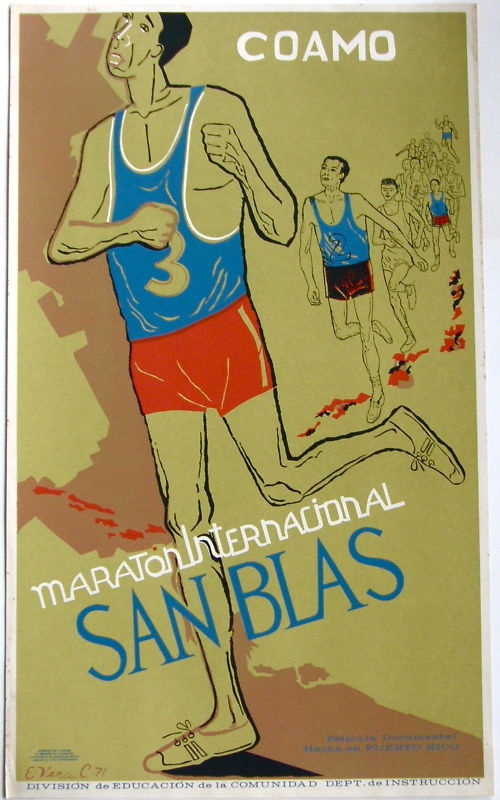 7
7 60%
60% 
